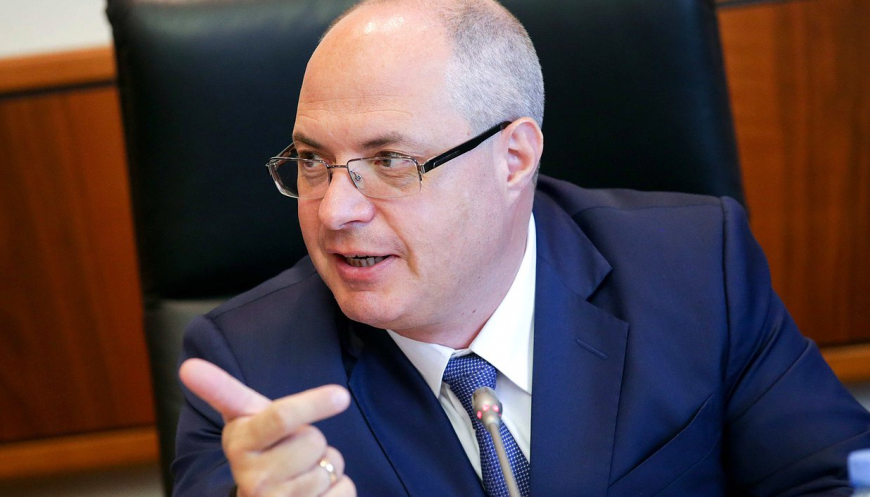Share














Most read

Russia’s $90bn oil network: how Azerbaijani businessmen were exposed
Georgia’s prime minister calls UK sanctions on Georgian TV channels 'shameful'
Top stories in Azerbaijan, Armenia, and Georgia from 23-27 February, 2026
Opinion: 'There are no signals that Iran plans to sell weapons to Armenia right now'
Transparency International assess new extremism legislation in Georgia

Latest news in Georgia, Armenia, Azerbaijan, summary. Live
Pension rise in Armenia: economic growth or voter handout?
'People no longer want to put up with it': What does ‘family picket’ in South Ossetia signal?
Azerbaijan: political prisoner placed in solitary confinement after protest in Washington
Armenia and Poland to continue military-technical cooperation as Pashinyan visits Warsaw











